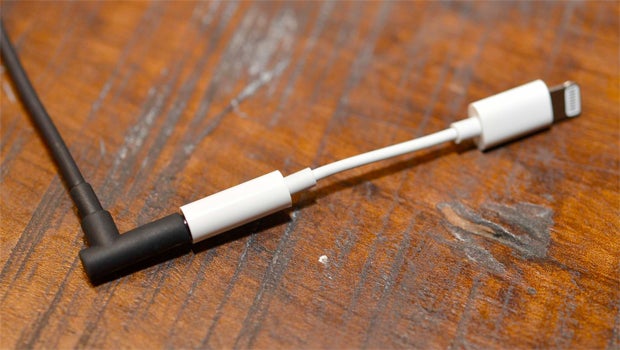Report: iPhone 8 to keep Lightning, but USB-C may still be incoming

Reports earlier this week suggested Apple might ditch its proprietary Lightning charging method for USB-C when the iPhone 8 arrives later this year.
If that prospect caused you to raise your eyebrows so high they came clean off your head then your weren’t alone.
While Apple has embraced USB-C with the MacBook range, shifting from the Lightning standard from the iPhone 8 would be a whole new ball game, unleashing new layers of dongle and adapter Hell (pictured) for many users.
Now, a newly-obtained research note suggests that, although USB-C maybe coming, it won’t be at the business end of the cable.
Related: 6 of the best Lightning headphones
Analyst Ming-Chi Kuo reckons the USB-A portion of the cable will be replaced by USB-C which could enable faster charging for iPhone users.
In the note obtained by MacRumors, Kuo wrote: “
“A key technical challenge lies with ensuring product safety and stable data transmission during a fast charge.”
Of course, that means this week’s report from the Wall Street Journal was not wrong, just ambiguous in its ability to be interpreted.
The tenth anniversary iPhone and the likely 7s accompaniments are expected to arrive in September 2017. Our first look at some of the new features may come as soon as June when Apple unveils iOS 11 at WWDC.
What are you hoping for when the iPhone 8 rolls around? Share your thoughts in the comments section below.


